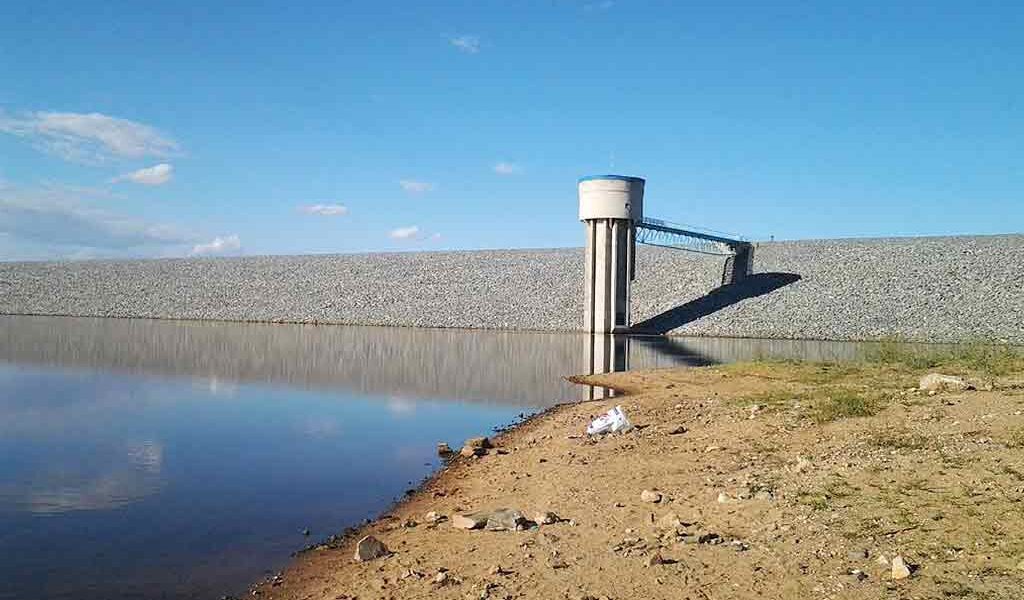BIUST expert recommends dedicated infrastructure planning ministry- But implementation woes need strategy
VINCENT MATUMO
The newly created Ministry of Infrastructure and Housing Development has its work cut out for it, according to the Botswana International University of Science and Technology (BIUST).Boikobo Paya, Head of Research at BIUST, warned that the country needs to initiate research and development, develop planning processes which will address governance, risk management, procurement and quality assurance, for mega projects.
A former permanent secretary in Government, who was a part of the team that negotiated the 2011 diamond sales agreement between the government of Botswana and De Beers, Paya has warned that Botswana needs to implement reforms that will facilitate the flurry of infrastructure development projects planned for the next 10 years.In a rare display of consistency, Government has hived off Science and Technology, leaving a Ministry dedicated to only infrastructure, as recommended by BIUST research.
Additionally, Paya recommended the setting up of a “truly national Strategy Office” and “move away from five year development plans to 20 year development plans.” He also points to a need to have “technocrats with integrity, who are properly selected and incentivised” to lead mega projects.
The World Bank Group has noted that Infrastructure made a net contribution of just over two percentage points to Botswana’s improved per capita growth performance in recent years, but raising the country’s infrastructure endowment to that of the region’s middle-income countries could boost annual growth by about 1.2 percentage points. Botswana has made significant infrastructure progress in recent years, spanning the transport, water and sanitation, power, and mobile telephony sectors.
Botswana’s international transport connections and Internet connectivity also lag behind those of comparable countries. The country’s overall resource envelope of $800 million per year surpasses its $785 million needs estimate but loses $68 million a year to inefficiencies and faces a funding gap of $305 million per year, entirely in the power sector, “traceable to the quality of spending decisions.” Ahead of expenditure of billions of Pula on infrastructure development in Botswana, BIUST research fellows, warn that the country needs to find a more deliberate approach, particularly to mega projects.
The country has several projects with a huge political and socio economic bearing, that are in the pipeline. One such project is the Square Kilometer Array (SKA) project that will be implemented in Botswana in 2023. BIUST has been nominated by the Ministry of Infrastructure, Science and Technology (MIST) to host the Newton Fund Project on behalf of the Government of Botswana with the objective of building science and engineering capacity in radio-astronomy in preparation for the SKA project that will be implemented in Botswana in 2023. This project will cost P4.5 billion.
The NSC is the largest engineering project ever undertaken in Botswana. The combined value of both Chobe and Zambezi pipeline will cost P28 billion. The 1600 kilometre Trans Kalahari Railway running to Walvis Bay, has been costed at over P180 billion, if Government decides to go ahead with it. The total cost of Cut 8 at Jwaneng Mine is quantified at P24 billion until 2024. Botswana has a chequered history with big projects and fares poorly in terms of project implementation and control of cost overruns, “falling short of expectations.” This was characterised in projects such as the Fengyue Glass Company a failed project, which swallowed P500 million, as well as Morupule B power plant which cost P11 billion but still needed major refurbishments.
But 50 year old Botswana is no different from the rest of the world, with gross mediocrity epitomised, realising averages cost overruns of 97 percent. Sixty five percent of projects, globally, are considered failures. Observers have previously talked of a gap, a dichotomy between recommendations made by would-be advisors and final actions taken by Government. However, the recent creation of a ministry dedicated to Infrastructure which ended months of speculation, entailed recommendations made by BIUST only two weeks ago at the most premier meeting of the Government, private sector and investors, held the City of Francistown.
They further speculate on the recent shift towards a more receptive Government that wants to soak up ideas from professionals, something that was a challenge in the past, possibly due to political pressure and electoral gains made by the opposition bloc since 2014 general elections.

